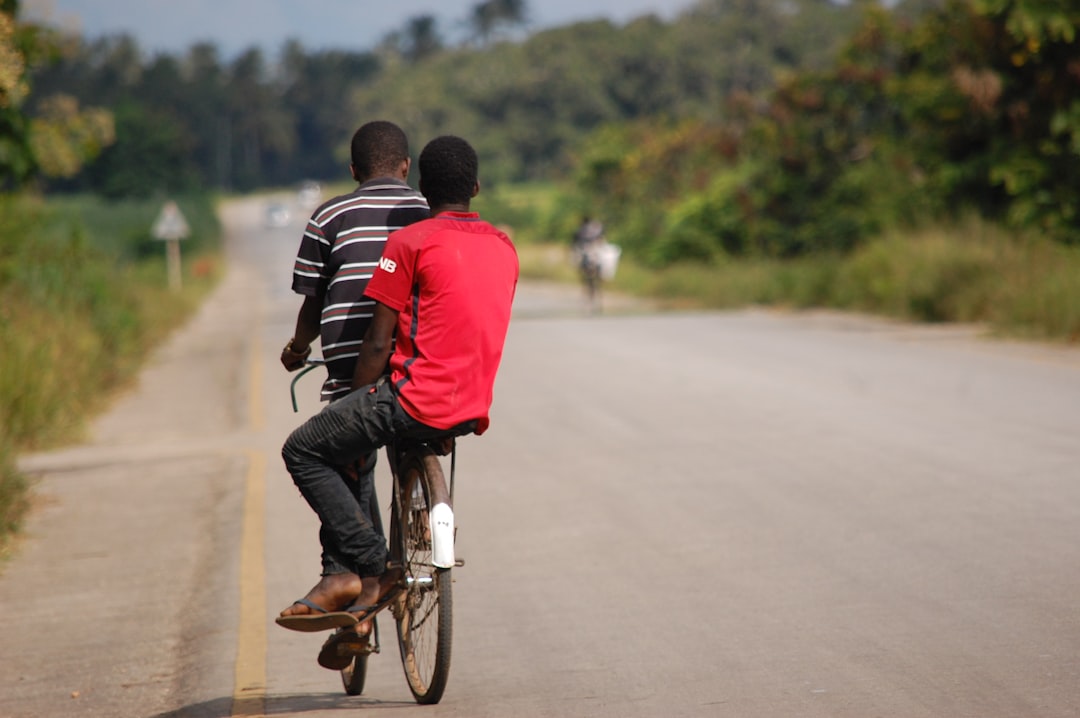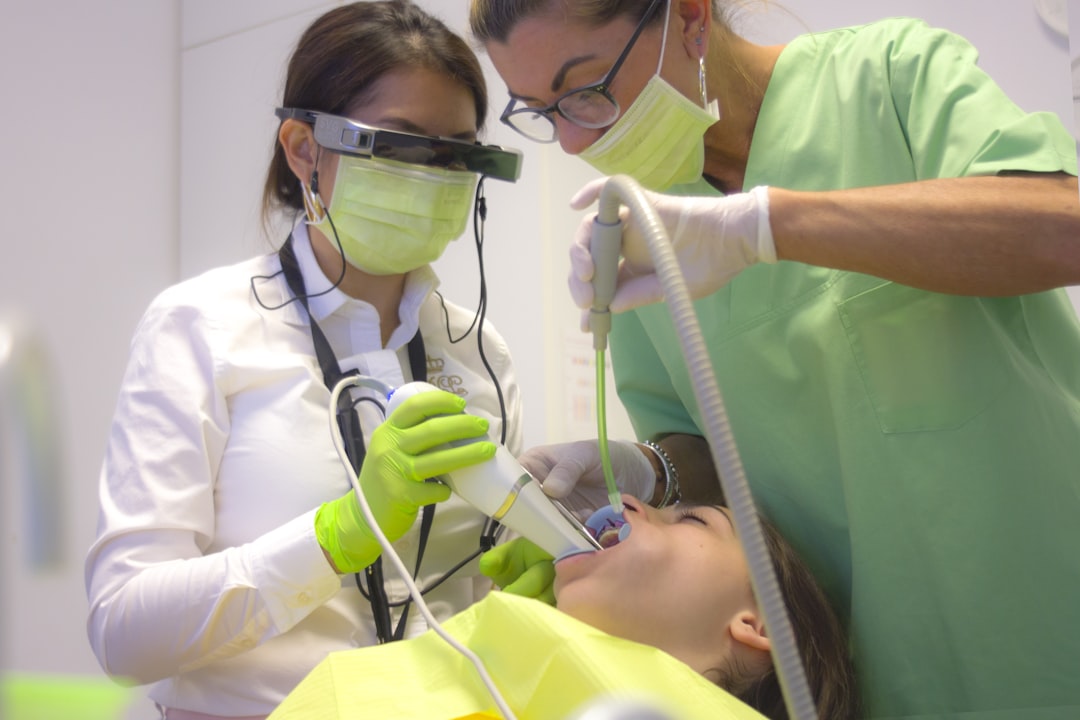What is it about?
Icelandic learners' performance on the international assessment PISA has deteriorated since the year 2000, no participating country has experienced a sharper drop in mean scores. An important reason for the negative trend in Iceland is that Icelandic adolescents are not reading Icelandic texts to the same extent as they used to and they are spending more and more time on the internet, using English but not Icelandic. Icelandic is one of many languages in the world that are under threat in modern times, they may not survive in the coming years. The Icelandic language is a Germanic language and the oldest manuscripts, the sagas, date from the 12th century, thus Icelandic is a precious language. Studies demonstrate that word skills are the strongest influencing factor on learners' reading comprehension and on their performance on the reading literacy part of PISA. Professional development was implemented with teachers in two compulsory schools in Reykjavík, Iceland. The focus was academic vocabulary in Icelandic, how it is best taught to adolescents. Teachers of various discipline were informed about explicit strategies to detect word meanings and informed about multiple ways of working with vocabulary. Vocabulary and reading comprehension tests were administered to experimental (n = 157) and control groups (n = 88). There were promising trends that distinguished the experimental group from the control group on the reading comprehension test, however not statistically significant. The nature, intensity, and length of the professional development offered to the high school teachers and the relatively short time of measurement of student outcomes are suggested explanations of the results. However, a benefit for students was detected by a participating social studies teacher. He claimed that the professional development had influenced his teaching approach: "It was so apparent that the kids had acquired a solid understanding. They felt confident in discussing the issue and using the words! You see, before, I had realized the importance of Tier 3 words, but after the course, I started to focus on Tier 2 words. You witness how poorly the kids understand the Tier 2 words, the majority of them. There are so many words that you would expect them to understand, but they don’t until you support them explicitly."
Featured Image

Photo by Jon Flobrant on Unsplash
Why is it important?
Whether Icelandic, and other indigenous or national languages, can survive in the face of the English-oriented internet and English-centered global media is of great concern to many speakers of cultural languages. In fact, the world as a whole is witnessing a digital revolution which has been compared to Gutenberg‘s invention of the printing press. Many of the world‘s 6000 languages are at risk to vanish, it is estimated that at least one third are doomed to extinction. The preservation of the Icelandic language is best accomplished when Icelandic speaking people understand and use Icelandic words. Not only past generations but future generations of Icelanders need to master advanced nuances of vocabulary to understand Icelandic language in print and digital texts and to use Icelandic academic words to discuss complex social and academic issues.
Perspectives
This article is of great value to me, as it is built on my cooperation with dr. Barbara Laster who has long experience in providing professional development in countries all over the world, with focus on boosting learners' literacy skills. Explicit instruction of academic vocabulary in Iceland has until recently been neglected, most likely as Icelanders have throughout centuries implicitly increased their Icelandic word skills through reading. There is a strong tradition in reading Icelandic literature already from a young age. In fact, Reykjavik is known as a UNESCO city of literature. However, with the invasion of English, Icelanders must give Icelandic language, and in particular Icelandic vocabulary, a stronger impact in Icelandic schools.
Sigridur Olafsdottir
University of Iceland
Read the Original
This page is a summary of: Adolescent Learning of Academic Vocabulary in Iceland, Journal of Adolescent & Adult Literacy, April 2020, Wiley,
DOI: 10.1002/jaal.1055.
You can read the full text:
Contributors
The following have contributed to this page










